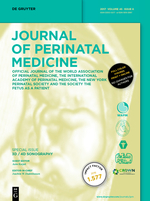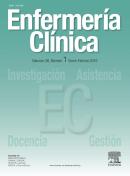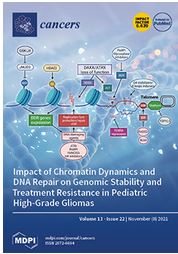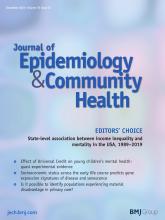External Validation and Recalibration of a Mortality Prediction Model for Patients with Ischaemic Stroke
Background: Stroke is a highly prevalent disease that can provoke severe disability. We evaluate a predictive model based on the Minimum Basic Data Set (MBDS) compiled by the Spain Health Ministry, obtained for the period 2008–2012 for patients with ischaemic stroke in Spain, to establish the model’s validity and to optimise its calibration. The MBDS…











